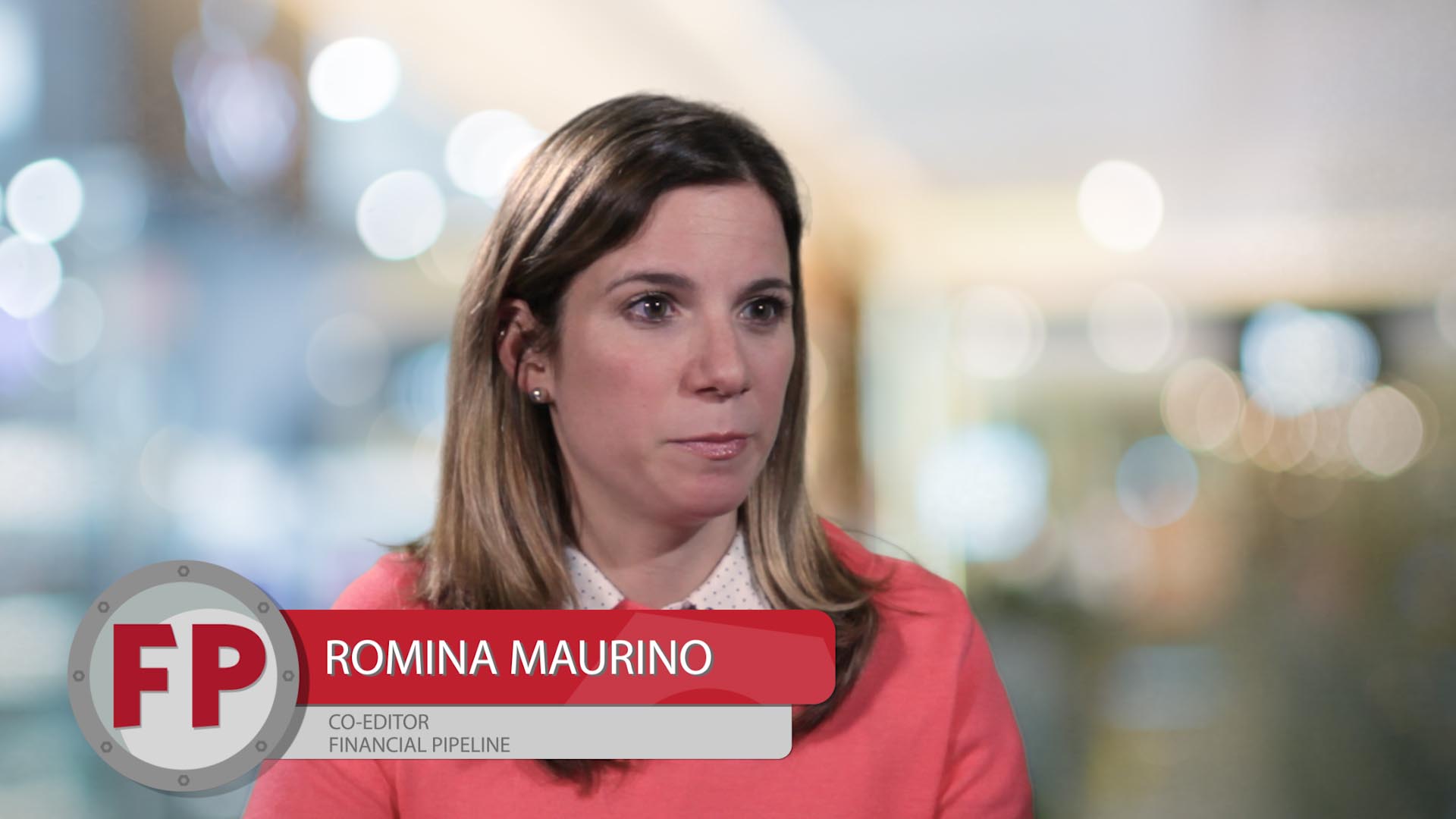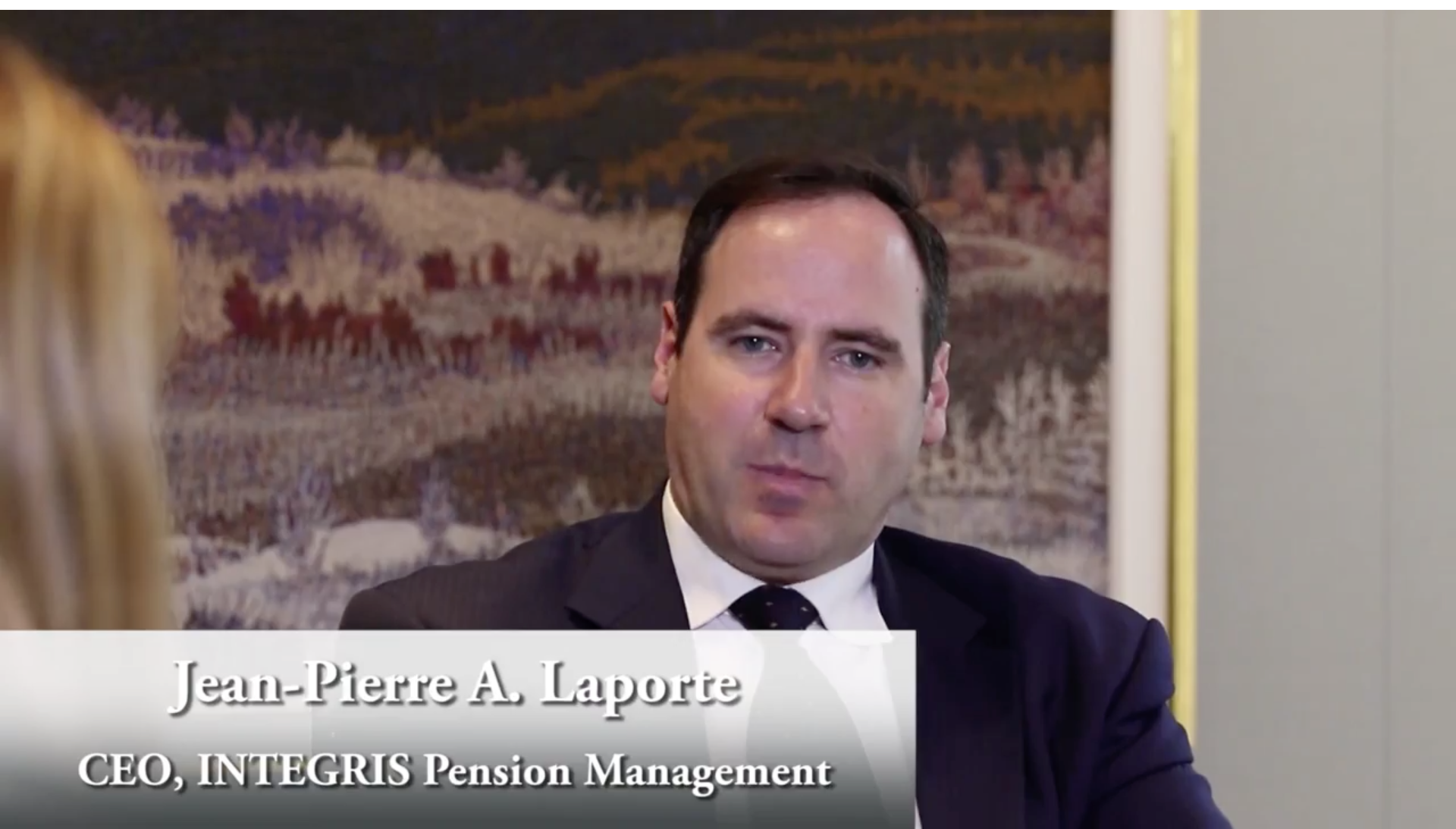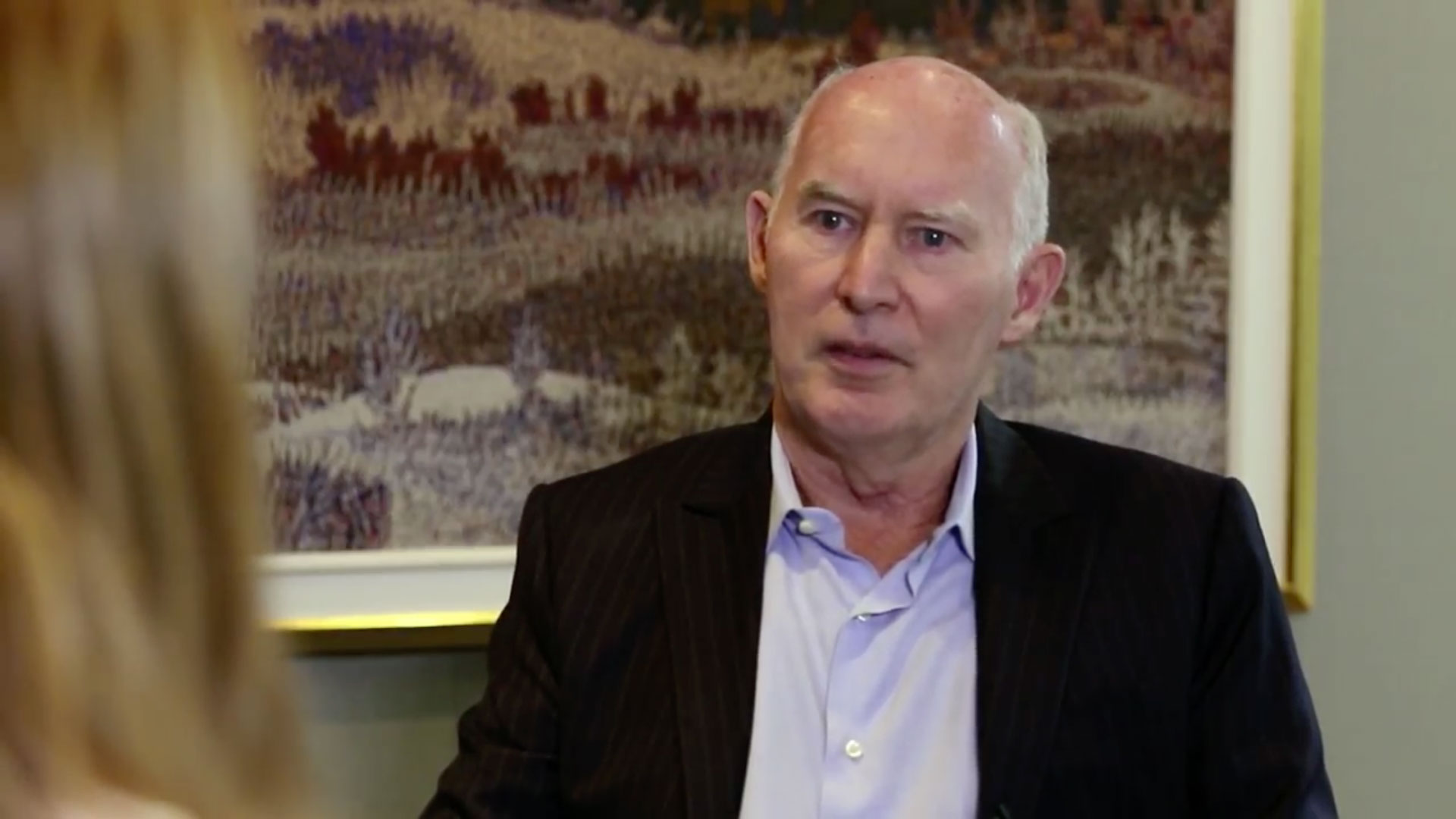The era of cheap money is coming to an end as the U.S. Federal Reserve raises its key interest rate from near zero. But Financial Pipeline co-editor Romina Maurino explained that the effect of a U.S. hike will be felt in Canada.
RM: Anytime people talk about interest rates and the U.S. Federal Reserve or the Bank of Canada, it all seems a bit nebulous to people. It seems like it doesn’t have much to do with them. But in fact, interest rates affect everything and when it comes to an actual person, mortgages are one of the first things that they can see an impact on because there is a relation between interest rates and mortgage rates. When you get the overnight rate from the central bank and the prime rate from a regular bank, and then interest rates on mortgages, there’s sort of a line that follows through. It means if interest rates go up, eventually mortgage rates can go up too. There’s a lot of people who borrowed a lot of money to buy their houses. There were very low rates, for a very long time and people got a little excited. Some of them bought a lot more than they could really afford and that means if you’re pretty much at the top of your budget, when interest rates go up, if you have higher mortgage payments, you may have to spend a lot more money on your house and you’ll have a lot less money left over to save and invest for everyday spending because you’ll be spending a lot more on your house than you expected and for most financial advisors and planners that you talk to, you get the sense that people haven’t really thought this through. They don’t have a plan B and they’re not really ready for a rate rise.






